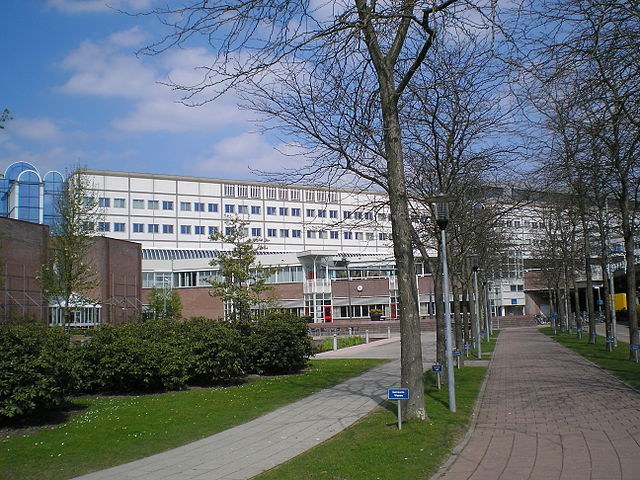Utrecht hospital won’t comment on possible cervical cancer misdiagnoses

 Utrecht’s UMC teaching hospital is refusing to say if it is looking again at the results of women’s cervical cancer tests after a missed diagnosis in 2011 led to a woman dying of the disease.
Utrecht’s UMC teaching hospital is refusing to say if it is looking again at the results of women’s cervical cancer tests after a missed diagnosis in 2011 led to a woman dying of the disease.
A test was not diagnosed according to ‘a professional standard’, an official report into the incident said.
This test was the first opportunity to identify a cervical cancer that led to the death of Irishwoman and Dutch resident Adrienne Cullen on New Year’s Eve 2018.
A second biopsy taken at UMC Utrecht in 2011, showing more signs of cancer, was then lost for two years. By the time this biopsy result came to light in 2013, a disease that would have been 90%-95% treatable had become a death sentence.
Liability
The teaching hospital has already admitted liability for medical negligence, and made a record compensation pay-out of €545,000 to Cullen before she died. It also agreed to let in investigators for a Systematic Incident Reconstruction and Evaluation (SIRE) report, to examine what had gone wrong and suggest changes.
UMC Utrecht said in a statement that it has now organised an annual lecture on ‘open disclosure’ about medical mistakes, improved record-keeping, set up new patient and peer support teams, and is organising a hospital-wide working conference to share experience and ‘prepare operational instructions to reduce the risk of missing results’.
But a spokesman refused to respond to questions about whether samples from other women will be re-analysed as a result of the revelation that Cullen’s ‘first pathology result’ – which DutchNews.nl understands to be a Pap smear – was misdiagnosed by two members of staff.
Shortcomings
When the SIRE investigators found this sample from Cullen and had it re-analysed by 11 experts in 2018, all of these diagnosed ‘an abnormality’. ‘The diagnosis is given of abnormal […] cells […] with the recommendation to perform a histological examination,’ reads the report. ‘Based on the results of the reassessment, the report concludes that the diagnosis […] had not been made according to the professional standard.’
The report also says that seven separate shortcomings stopped the care system functioning properly or got in the way of correcting this inaccurate diagnosis.
Adrienne Cullen wrote a book about her experiences with the Dutch health system, ‘Deny, Dismiss, Dehumanise: what happened when I went to hospital’, which was published in English in March and is coming out in Dutch this autumn.
It details UMC Utrecht’s initial refusal to investigate the medical calamity, its attempts to make her sign a gagging clause, and a general attitude that health minister Hugo de Jonge recently described to Cullen’s husband Peter Cluskey as ‘callous’.
‘I would urge UMC Utrecht and its senior management to be as transparent as possible about all aspects of my late wife’s case and the fallout from it,’ Mr Cluskey told DutchNews.nl. ‘If other patients, past or present, need to be contacted as a result of what was learned in the Adrienne Cullen investigation, then the responsible thing is to contact them. The days of this hospital hiding its head in the sand must be over – for the sake of everyone it serves.’
Praise from king
Dutch King Willem-Alexander told Irish journalists earlier this week that he admired Cullen’s courage in campaigning for greater openness in the Dutch health system. Prime minister Mark Rutte said in a letter that he had ‘great respect for Adrienne’s tireless efforts to achieve official acknowledgement and increase transparency in cases of medical errors’ and her death was ‘indescribably tragic’.
However, despite acknowledging in a press statement that the SIRE report showed a new diagnostic failure, UMC Utrecht refused to reveal how it would respond because the name of this test was redacted ‘to protect the privacy of Mrs Cullen as well as of our employees’.
‘We are not going to inform third parties about the type of tissue diagnosis that was done and therefore cannot answer this question,’ press spokesman Eric Trinthamer told DutchNews.nl via email. However the hospital admits in its press statement that a correct analysis of this first test ‘could have prevented the diagnosis of cancer from being missed’.
Thank you for donating to DutchNews.nl.
We could not provide the Dutch News service, and keep it free of charge, without the generous support of our readers. Your donations allow us to report on issues you tell us matter, and provide you with a summary of the most important Dutch news each day.
Make a donation